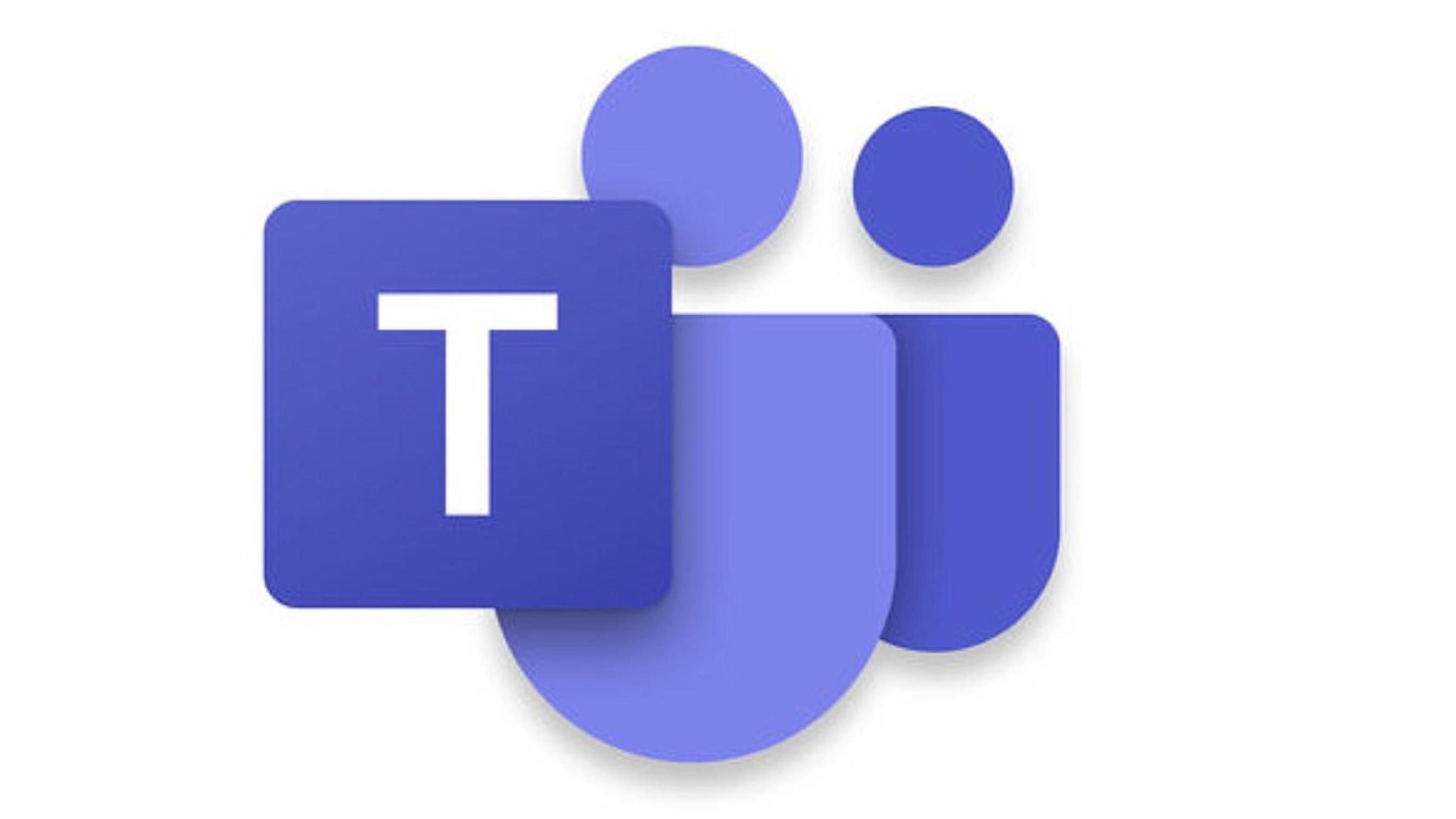
Over the course of the last decade we’ve seen a huge amount of change take place in the technology and telecommunications industries. A raft of new buzzwords have been introduced – the cloud, big data, etc. – and with them the need to better inform clients on how tech can help to change their business. For IT support companies, we’ve also seen a fundamental shift from the reactive break-fix model to the more proactive managed services.
This allows support companies to sell services in a different way that aligns with the goals of the business. Rather than being called out only when something goes wrong, the IT support company that offers managed services can continuously monitor client systems and often fix issues before they become too apparent or worse, take the client network down. Managed services are an excellent way for support companies of old to bring themselves in line with the most up-to-date technology and pricing models to further grow their business.
Margins can be quite tight though, although it’s thought that best in class managed services providers can and do make a decent living from it. However, it’s always a good idea for support companies to extend their portfolio of services and offer something that perhaps the competition hasn’t thought of. Cloud PBX and IP telephony is one of those things that can help a managed services business to stand out, whilst offering another service to clients that can help to boost customer loyalty and retention.
With that in mind, let’s have a look at what Cloud PBX is, and why your IT support company should be offering it to your clients.
What is Cloud PBX?
Cloud PBX is a business-class IP telephony system that provides Private Branch Exchange functionality over the internet. It first appeared in the 1990s as telephone systems began to integrate with computing, which improved call handling and cut costs. However, it’s not really until recently, with the introduction of faster internet speeds and the growth in the popularity of the cloud, that we’ve seen Cloud PBX really take off.
Traditional PBX systems are costly both to build and to maintain and for this reason, advanced telecoms have only been the domain of fairly large companies. Cloud PBX and IP telephony have changed all of this and are now much more accessible to smaller businesses than ever before. This is largely thanks to the cloud, which isn’t a new technology but one that’s taken a while to gain any traction, and has brought down costs considerably. With Cloud PBX, there’s no need for hardware, so capital expenditure is immediately reduced, and cloud payment models also tend to be provided on a pay monthly basis, so it’s simple to scale up and down as necessary when a business is growing.
Why Sell Cloud PBX ?
Just as every modern business needs an IT infrastructure, so too do they need a telecoms solution and as a support company, you’re perfectly positioned to offer the complete solution. Managed services and support providers these days really need to position themselves as an outsourced CTO and ensure that businesses look to them for all of their technological needs. The recession bit deeply into a lot of IT budgets in businesses worldwide and due to this, we’ve seen internal IT department staff slashed. This has left a gap to fill that’s perfect for support companies to step into the breach and offer more services than they did before.
Cloud PBX tends to offer:
- Unified communications
- Rapid deployment
- Video and voice conferencing
- Cloud-based management console
- Enterprise-level security
The Cloud provider that you choose to supply your Cloud PBX should of course be able to prove robust uptimes, and should offer 24/7 technical support as well as everything you would expect when it comes to security.
What About Security?
Naturally many business owners worry about the security of devices that use the internet and rightly so. While the cloud did throw up many concerns surrounding security in its early days, these have been somewhat allayed as it’s matured. Cloud PBX, like any cloud service, is only as good as its supplier. Modern data centers usually have high-end security solutions in place, and many also employ physical security staff to man the center 24/7 too.
You should ask about disaster recovery/incident response plans as a good provider will have these available for you. These should cover all eventualities and set out what happens when failures occur. Often, a hardware fault at a data center will just mean that data is simply routed to another part of the network and for the most part, end users will never be any the wiser if something has gone wrong as they don’t suffer any outages. Downtime is of course hugely costly to every business and yet is something that can be easily avoided simply by choosing a good supplier.
For businesses that need to achieve PCI DSS (Payment Card Industry Data Security Standard), HIPAA, SOX, and other compliances, Cloud PBX is suitable but will require further configuration to ensure that traffic is always encrypted over the public internet.
Offer the Full Package
Overall then, Cloud PBX can help to boost your current support business by offering clients a complete business technology and telecoms package. Cloud PBX is hugely cheaper than traditional systems and this, as well as the introduction of features such as unified communications and improved video/voice conferencing, means that businesses can be more productive and innovative.
IT support is still shifting towards managed services overall and this is because services reduce in-house IT costs by around 30-40% andincrease business efficiency by 50-60%. While the break-fix model has never really aligned to the needs of a business, due to its reactive nature, managed services work alongside a business to ensure that it is getting the most from its technological infrastructure, whether that’s onsite or in the cloud.
Cloud PBX is another service to add to those that you already offer so that the businesses that you deal with don’t have to choose several suppliers. This allows you to further build trust in your support business and ensure that clients remain loyal. It’s thought that by 2019, the managed services market will beworth around $193.34 billion, so make sure that your business is a managed services leader by offering your existing customers further services that will also help them to grow their own business.























